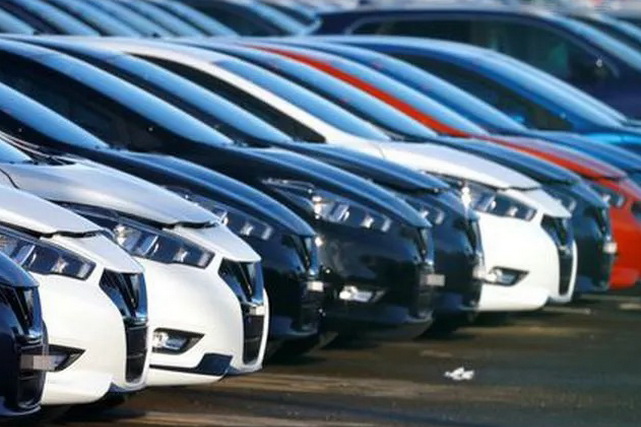
Uzbekistan to Conduct Comprehensive Car Price Analysis and Propose Regulation Measures
Uzbekistan to Conduct Comprehensive Car Price Analysis and Propose Regulation Measures
Tashkent, Uzbekistan (UzDaily.com) — Uzbekistan will carry out a comprehensive analysis of car prices from local manufacturers, official dealers, and unofficial sellers, followed by the development of proposals for their optimization and regulation.
This was stated in the protocol of the meeting of the Interagency Commission on Cooperation with the World Trade Organization (WTO), chaired on 2 September by Deputy Prime Minister Jamshid Khodjaev.
The session discussed measures to simplify conformity assessment procedures for cars imported by individuals and legal entities for personal use.
Currently, assessments are based on the technical regulation approved by Cabinet of Ministers Resolution No. 237 of 25 April 2017, which includes 62 indicators. However, testing is possible only for 25 of them, while the remaining indicators are recognized under the 1958 Geneva Agreement protocols.
Since 1 January 2023, the requirement to sell new imported cars exclusively through official dealers has been abolished. This reduced the number of conformity assessment indicators from 62 to 14 for vehicles imported for personal use.
As of 1 November 2024, such cars must undergo mandatory certification across 14 points, regardless of type approval. Tests were carried out at the Pskent proving ground by the Uzbek Center for Scientific Testing and Quality Control (UzTest), a subsidiary of the agency. Despite the introduction of an electronic queue and 24/7 laboratory operations, the facility could not handle the inflow, causing backlogs of up to three months.
According to the commission, the number of official dealers has grown from 3 in 2020 to 21, while the number of vehicle models with type approval increased from 15 to 101. However, no significant growth in sales through official dealerships has been observed. In the first half of 2025, individuals imported 2,693 more passenger cars compared to the same period last year.
Total car imports in 2024 amounted to 74,505 units worth $1.32 billion, down 7.1% in volume and 33.1% in value compared to 2023.
Following the meeting, the commission adopted several decisions:
- As of 2 September, mandatory testing of each vehicle for two indicators — electromagnetic compatibility and cabin toxic substance levels — has been canceled;
- The validity of vehicle type approval for legal entities has been extended from 3 to 5 years;
- By 1 October, Uzstandard must submit proposals to involve the private sector in establishing conformity assessment centers and improving the accreditation system;
- By the same deadline, a draft amendment to the technical regulation will be prepared;
- The Consumer Rights Protection Committee and the Ministry of Economy must conduct an analysis of car prices from local manufacturers, official and unofficial dealers, and develop optimization and regulation proposals;
- Uzstandard has been tasked with strengthening quality control of imported vehicles and responding promptly to consumer complaints.